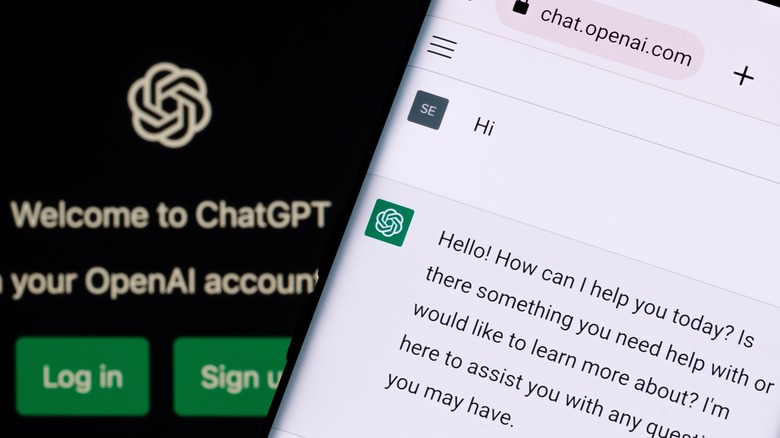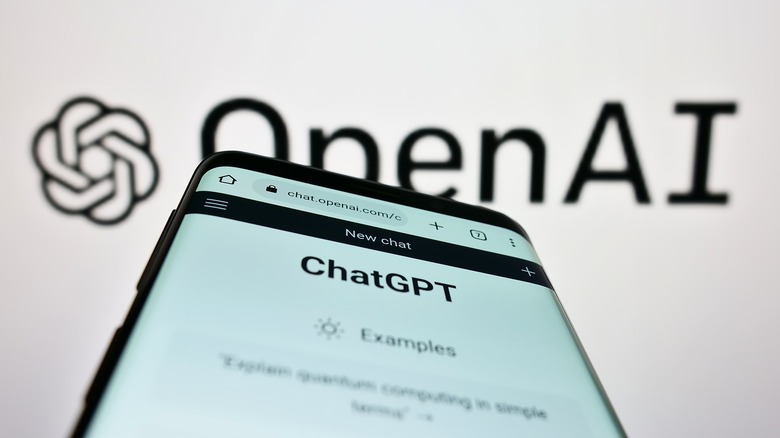OpenAI GPT-4 Released: Here's What's New And How You Can Try It
OpenAI has just announced GPT-4, the latest iteration of its deep learning language model that is touted to be smarter and more capable than ChatGPT. The Microsoft-backed company claims that ChatGPT scored in the 10th percentile in the Uniform Bar exam, while GPT managed a staggering 90th. In a biology Olympiad, ChatGPT reached the 31st percentile rank, while GPT-4 raced far ahead to the 99th percentile. One of the early adopters is Microsoft, which says the Bing Chat bot now relies on GPT-4. Notably, OpenAI's announcement doesn't mention anything about the bias problem, which we found was a recurring problem with ChatGPT in performing creative tasks.
However, it looks like with GPT-4, OpenAI focused more on the safety side of things and emphasis on facts than philosophical ramblings that came from simply summarising the web. The company says the chances of GPT-4 responding to disallowed content is 82% lower, while the probability of answering with facts is 40% compared to models based on GPT-3.5. The level of human input that went into training GPT-4 was also higher, ensuring that the responses sound more natural than the machine-generated repetitive tones that are discernible with ChatGPT.
Faster, better, and expensive
Another area where GPT-4 improves upon previous models is the contextual understanding of an input image and then offering a relevant response based on the attached query. For example, a query like "summarize this book" tagged alongside a book's picture will offer a response in multiple forms, like a wall of paragraphs or bullet points. OpenAI is also touting the long-form content chops of GPT-4, noting that it can churn 25,000 words suited for tasks like deep analyses, and can also contextually provide answers based on input that contains a link as source material.
OpenAI says GPT-4 has already been deployed by some globally recognized brands like education behemoth Khan Academy, which is using it for student tutoring modules, banking titan Morgan Stanley, payment processing player Stripe, and Duolingo. GPT-4 is said to be more expressive, collaborative, and creative at tasks like composing various forms of literature and can learn based on the user's input style, too. For regular (and business users), GPT-4 is available to try now with a ChatGPT Plus subscription, and the APIs will also be rolled out shortly.

